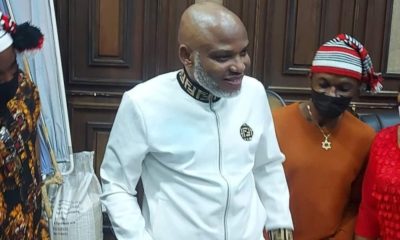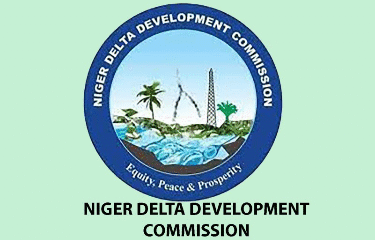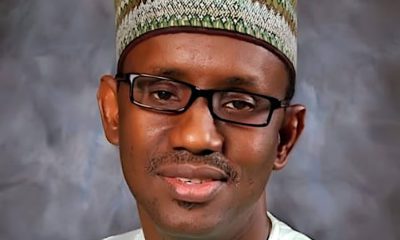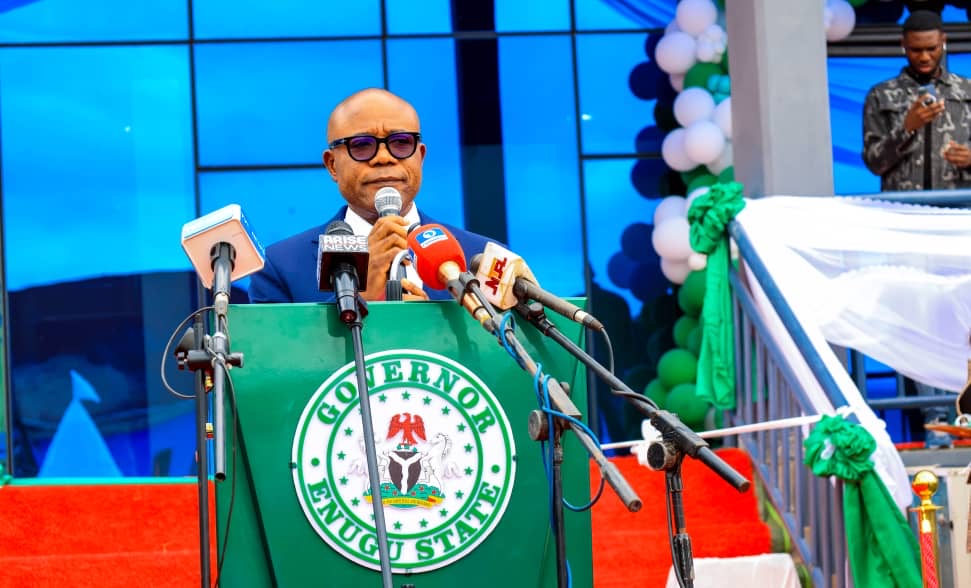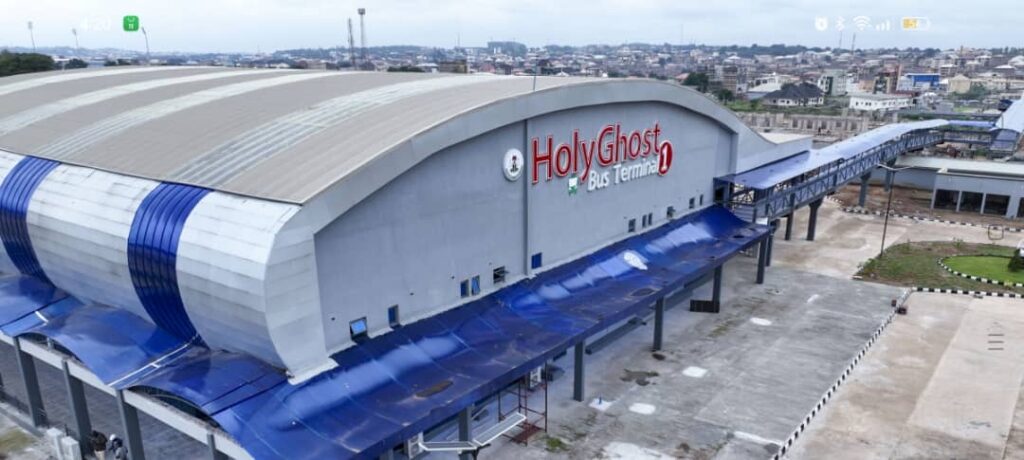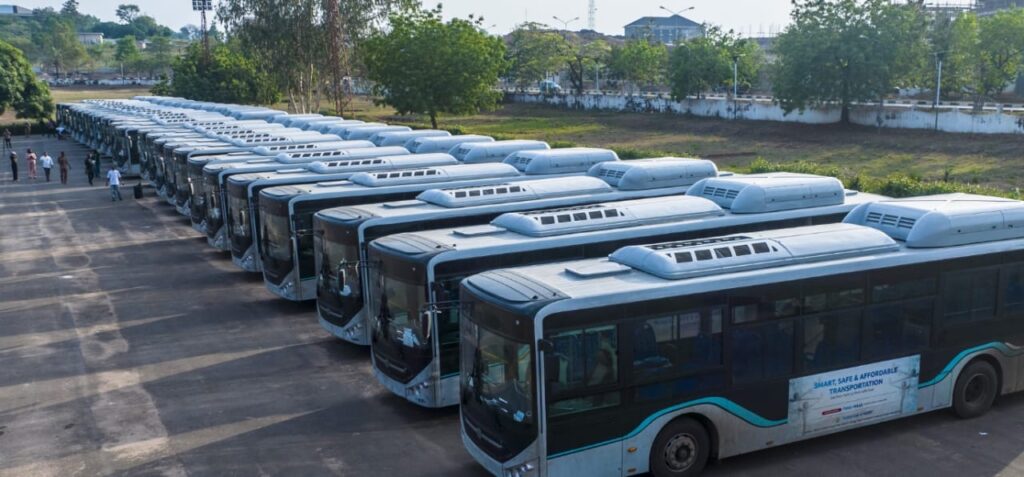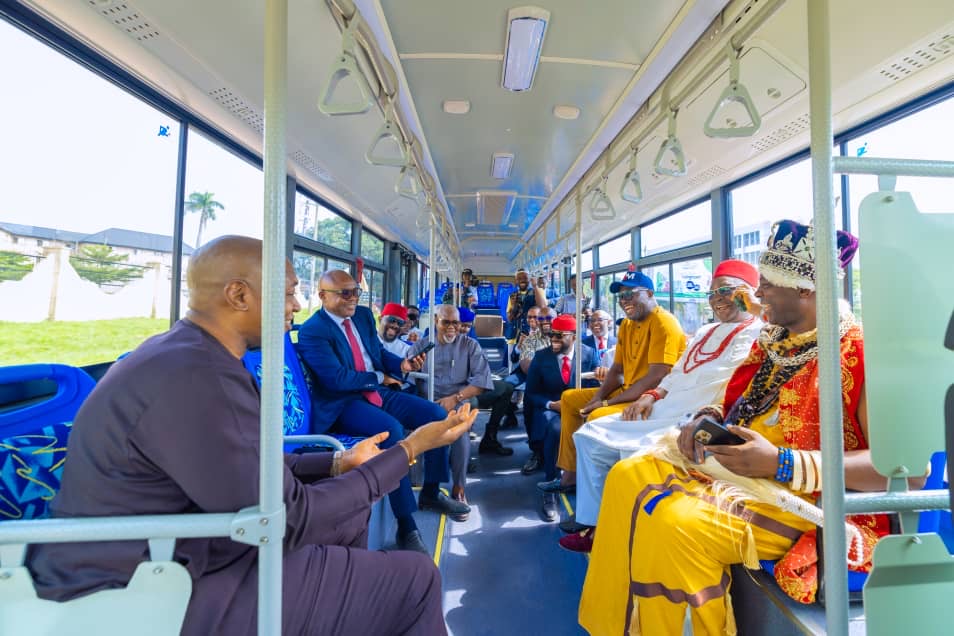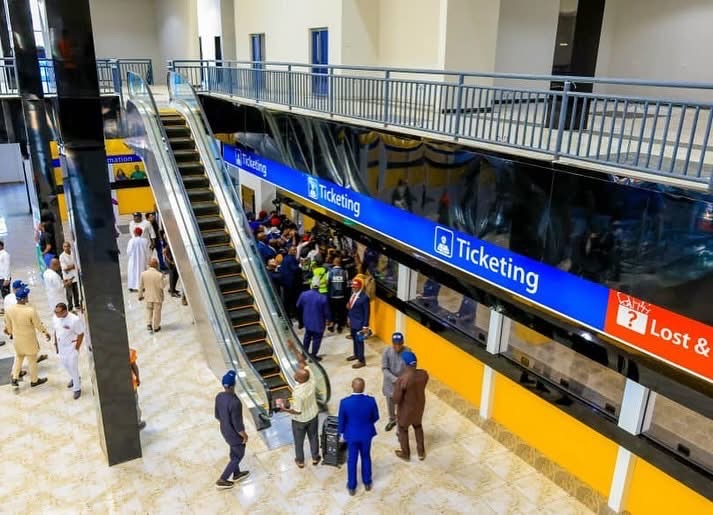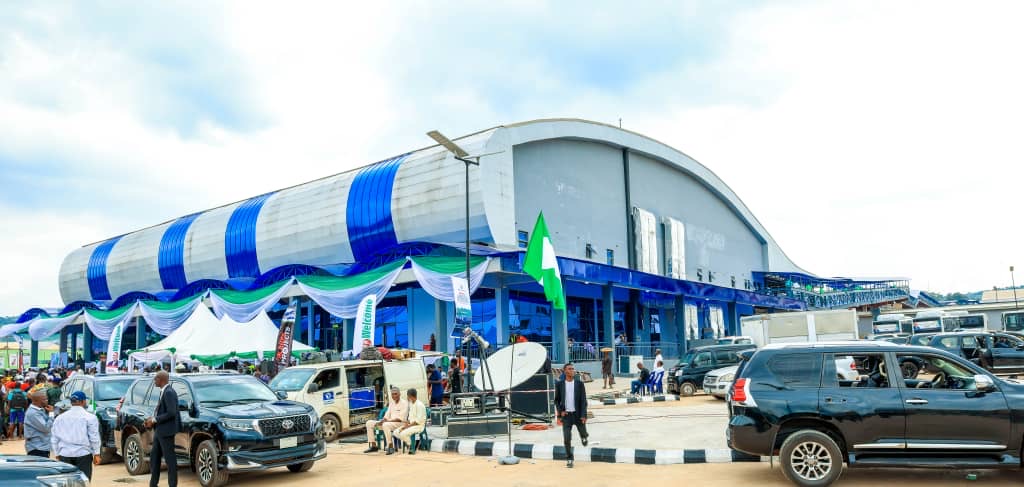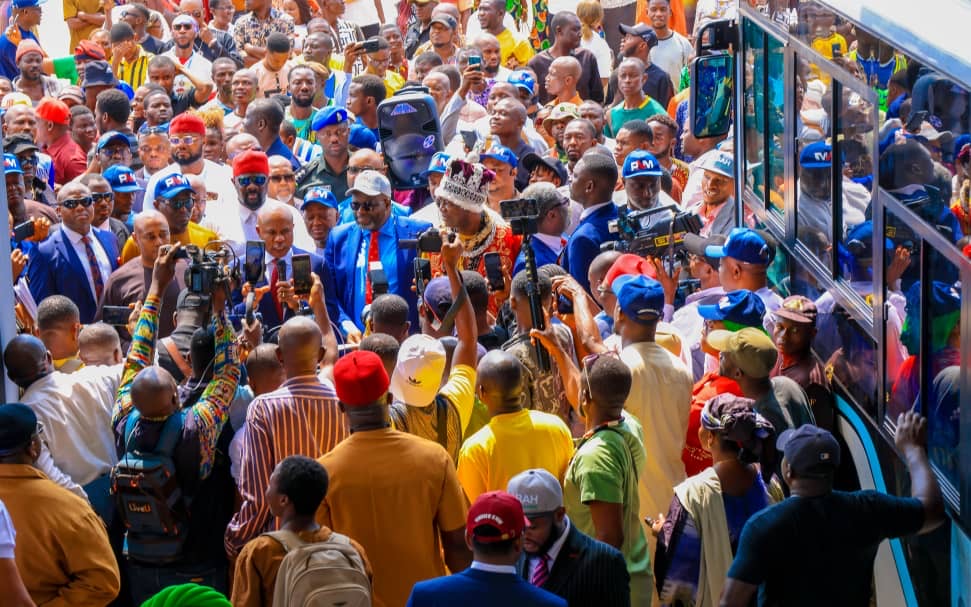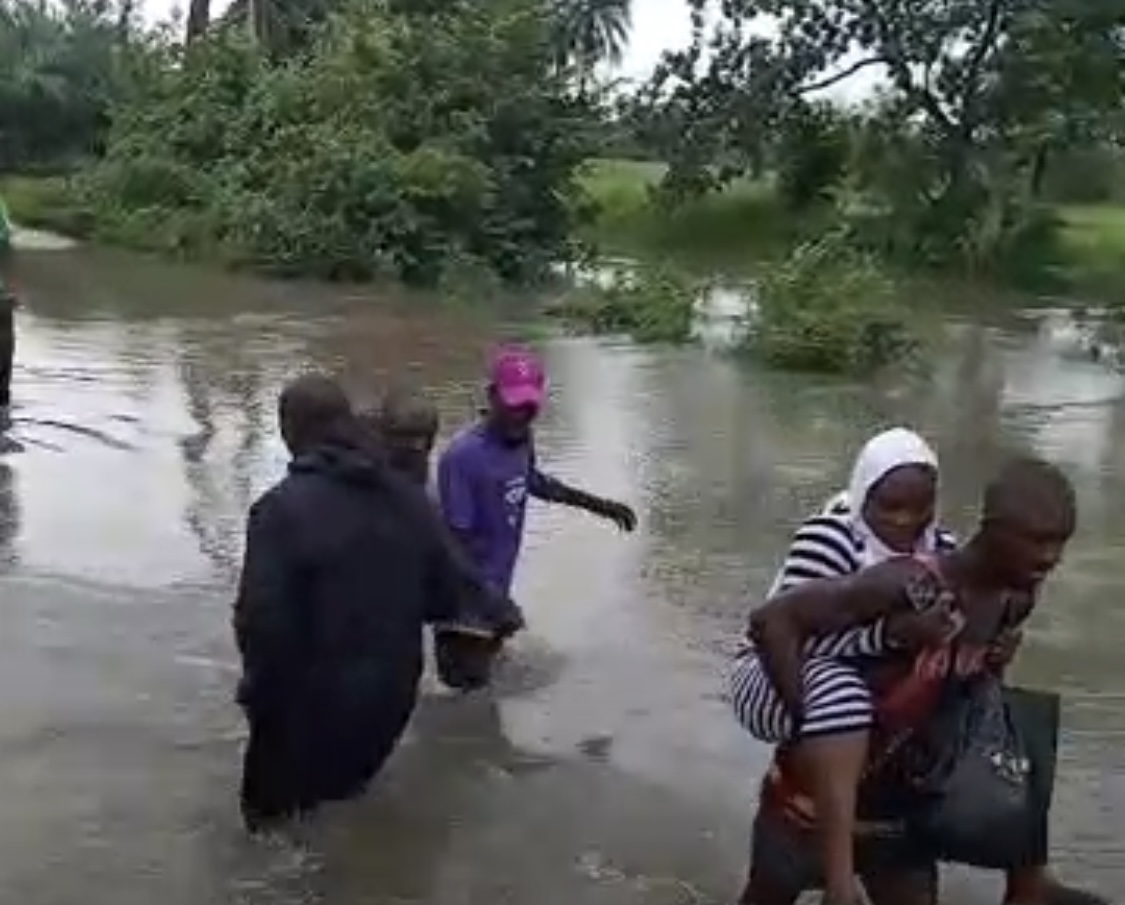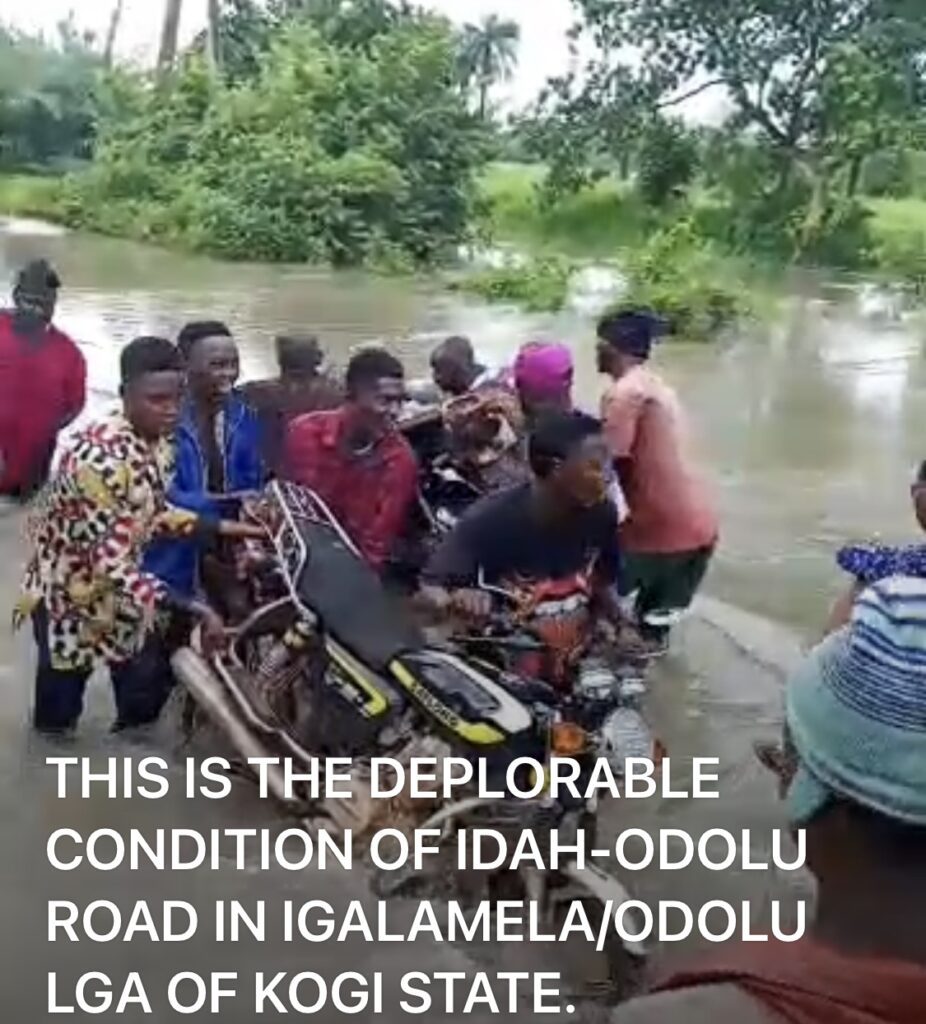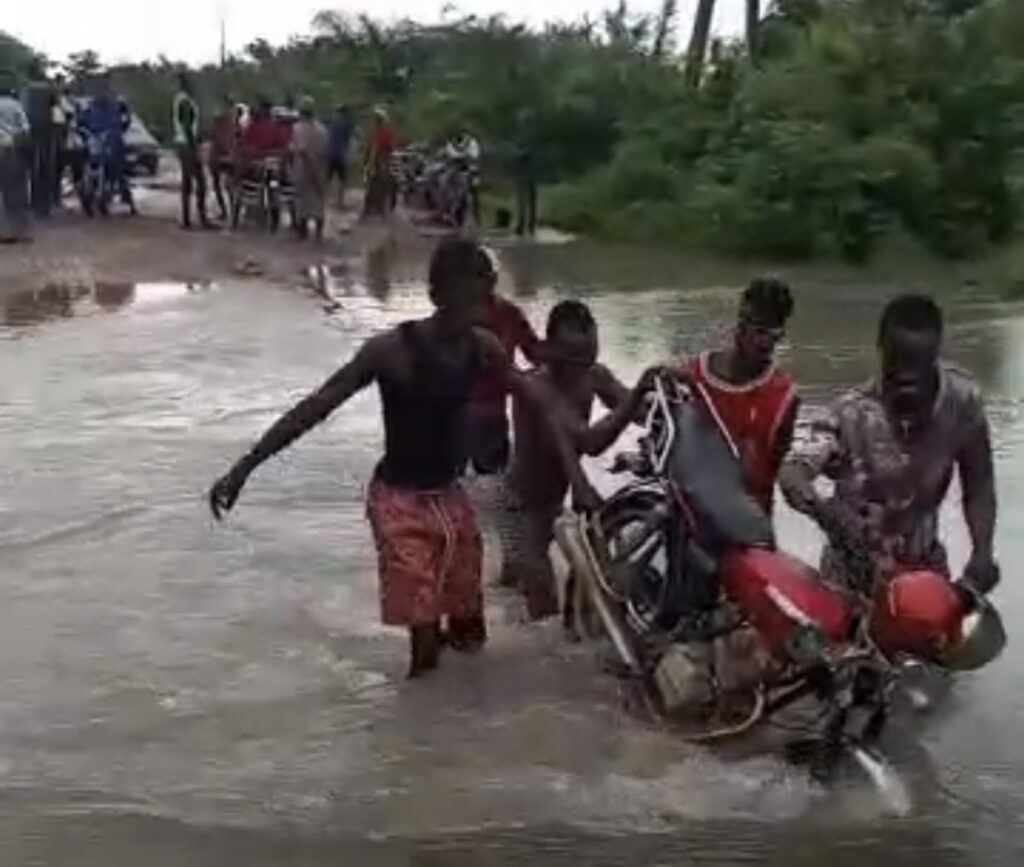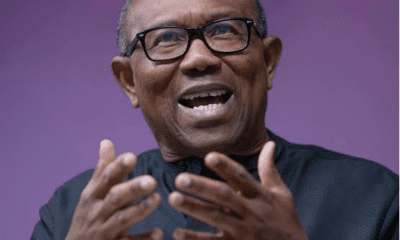1.Fellow countrymen and women. Gentlemen of the Media, Good day and welcome to this press conference.Kindly permit me to make some brief remarks on the recent ruling of the Supreme Court, the highest court in Nigeria.
2. About a fortnight ago, I was traveling abroad on a prior scheduled engagement when I received the notice that the Supreme Court would give judgment on Thursday 26th October 2023 on our challenge of the ruling of the Presidential Election Petitions Court (PEPC). That judgment has since been delivered as scheduled. The leadership of the Labour Party has already pronounced its position on the judgment.
3. As someone who has previously benefited from the rulings of the Supreme Court on electoral matters, I have, after a period of deep and sober reflection, decided to personally and formally react to the recent judgment as most Nigerians have. Because we are confronted with very weighty issues of national interest, I will speak forthrightly. As students young lads at CKC, Onitsha, we were taught values and admonished to always; “choose the harder right, instead of the easier wrong.”
4. Setting legal issues aside, the Supreme Court exhibited a disturbing aversion to public opinion just as it abandoned its responsibility as a court of law and policy. It is, therefore, with great dismay that I observe that the Court’s decision contradicts the overwhelming evidence of election rigging, false claim of a technical glitch, substantial non-compliance with rules set by INEC itself as well as matters of perjury, identity theft, and forgery that have been brought to light in the course of this election matter. These were hefty allegations that should not to be treated with levity. More appalling, the Supreme Court judgment willfully condoned breaches of the Constitution relative to established qualifications and parameters for candidates in presidential elections. With this counter-intuitive judgment, the Supreme Court has transferred a heavy moral burden from the courtrooms to our national conscience. Our young democracy is ultimately the main victim and casualty of the courtroom drama.
5. Without equivocation, this judgment amounts to a total breach of the confidence the Nigerian people have in our judiciary. To that extent, it is a show of unreasonable force against the very Nigerian people from whom the power of the Constitution derives. This Supreme Court ruling may represent the state of the law in 2023 but not the present demand for substantive justice. The judgment mixed principles and precepts. Indeed, the rationale and premise of the Supreme Court judgment, have become clearer in the light of the deep revealing and troubling valedictory remarks by Hon. Justice Musa Dattijo Muhammad, (JSC) on Friday 27th October 2023.
6. In disagreeing very strongly with the ruling of both the Presidential Petitions Court (PEPC) and the Supreme Court on the outcome of the 25th February 2023 Presidential election as declared by Independent National Electoral Commission (INEC), as democrats who believe in the rule of law, we recognize that the Supreme Court is the end stage of the quest for legal closure to the matter. As a party and as candidates, Datti and I have now exhausted all legal and constitutional remedies available to us. However, this end is only another beginning in our quest for the vindication of the hope of the common man for a better country. After all, sovereignty belongs to the people! If only for historical purposes, it behooves us to place our disagreement with and deep reservations about this judgment on public record.

7. We have long been aware of how weak national institutions have negatively affected our democracy. This year 2023 has been quite remarkable and revealing. INEC has displayed incompetence in the conduct of its statutory duty. The judiciary has largely acted in defiance of constitutional tenets, precedents, and established ground rules. Political expediency has preceded judicial responsibility. A mechanical application of technicalities has superseded the pursuit of justice and fairness. Both INEC and the Supreme Court as the referees, respectively shifted the goalposts in the middle of the game.
8. Where the value and import of the recent Supreme Court ruling ends is where our commitment to a New Nigeria begins. Our mission and mandate remain unchanged. From the very onset, our mission has been more about enthroning a new Nigeria. It is a new nation where things work, where the country is led from its present waste and consumption orientation to a production-driven economy. Our commitment is to a nation anchored on the principles of prudent management of resources to quickly pull millions out of multidimensional poverty, ensuring transparency and accountability in the equitable distribution of opportunities, resources, and privileges. In the new Nigeria, we aim to address all unmet needs by showing compassion for all those left behind by the present system.
9. Going forward, we in the Labour Party and the Obidient Movement are now effectively in opposition. We are glad that the nation has heard us loud and clear. We shall now expand the confines of our message of hope to the rest of the country. We shall meet the people in the places where they feel pain and answer their needs for hope. At marketplaces, motor parks, town halls, board rooms, and university and college campuses, we all carry and deliver the message of a new Nigeria. As stake holders and elected Labour Party officials, we shall remain loyal to our manifesto.We will continue to canvas for good governance and focus on issues that promote national interest, unity, and cohesion. We will continue to give primacy to our Constitution, the rule of law, and the protection of ordered liberties. We will offer the checks and balances required in a functional democracy and vie robustly in forthcoming elections to elect those who share our vision of a new Nigeria.
10. Given our present national circumstances, there is a compelling need for a strong political opposition. We shall, therefore, remain in opposition, especially because of the policies and the governance modalities that we in the Labour Party campaigned for, especially reducing the cost of governance, moving the nation from consumption to production, reducing inflation, ending insecurity, promoting the rule of law, guaranteeing the responsibility to protect, and stabilizing the Nigerian currency; are clearly not the priorities of the present administration nor is it interested in achieving Sustainable Development Goals (SDGs).
11. If there is one thing that has immensely gladdened my heart in the course of the struggle of the past 18 months, it is the passionate desire of our people, especially our young people from across ethnic and religious divides, to construct a new and restructured Nigeria that will work for all Nigerians. That goal remains my guiding light and abiding inspiration.
12. Finally, I thank all Nigerians who believed in what is now only a revolution postponed. We deeply appreciate the unalloyed non-partisan moral support millions of youth and ordinary Nigerians across ethnic, religious, and geopolitical divides have continued to give to Dr. Datti Baba-Ahmed and me.
13. We extend our heartfelt gratitude to the Nigerians who have supported this mission from the onset. We salute the leadership and members of the Labour Party, the Obidient Movement, the Obi-Datti Presidential Campaign Council, Nigerians in the Diaspora, Support Groups, and all people of goodwill who worked diligently and hoped for the realization of the beginnings of a New Nigeria in this election cycle.
14. Nigerians who supported our cause have done so out of patriotism and their sincere conviction that our nation requires and deserves dedicated and visionary leaders who will lead Nigeria toward a brighter future. The energy and dedication of Nigerian Youths and the Obedient Movement have been simply amazing. I appreciate and salute them! I want to assure them that this is not the end of our journey; but in fact, the beginning. Nigeria heard you. The world has taken note and will not forget so easily. We shall endure, persist, until we get to our destination because a new Nigeria is our destination. A destination not an event.
15. We thank, in a special way, our legal team. We also thank our elder States-Men, whose wise counsel were immeasurable To them, we wish to state unequivocally that this judicial outcome – an obvious misrepresentation of substantial justice – has by no means foreclosed the realization of a new Nigeria that is Possible.
16. On a personal note, I take personal pride and express gratitude to those who share our vision; and who have also exhibited rare courage to challenge the nefarious system, the genuineness of individuals’ identities and their defining and qualifying particulars up to the highest extent allowed by law. Nigeria holds out hope of infinite possibilities leading to our desirable greatness. I remain consistent in my belief in the possibility of a new Nigeria built on character competence, capacity, compassion, integrity, and respect for the rule of law based on justice and fairness.
17. God bless us all. God bless the Federal Republic of Nigeria.
Mr. Peter Gregory Obi, CON Presidential Candidate of Labour Party.
Obi –Datti Campaign Organization Office Abuja, FCT.Monday 6th November 2023.





